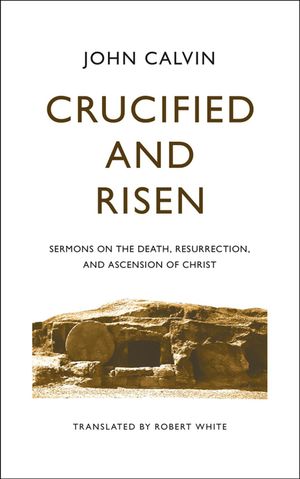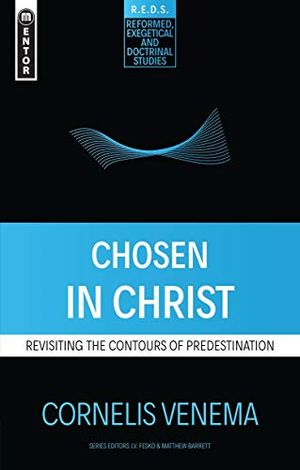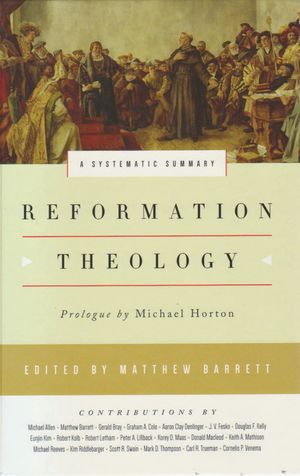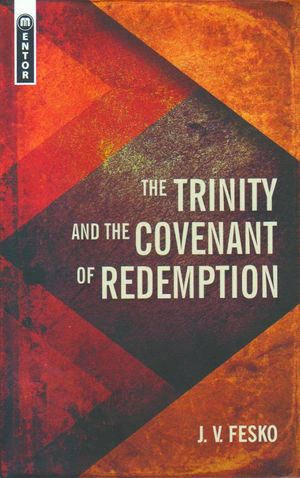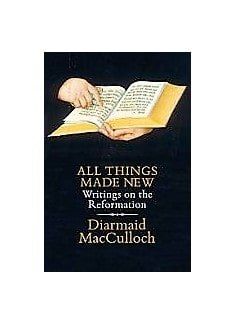This is no five star rating out of deference to the Reformer. This book is worth it all the way, for three reasons.
Firstly, Calvin’s sermons are models of biblical masterclass, perhaps only equalled by Klaas Schilder’s twentieth century trilogy on the sufferings of Christ. Calvin concentrates on Matthew 26-28 in nine sermons, and there is a bonus sermon on the ascension on Acts 1:9-11. There is a prayer at the end of each exposition, plus a section on Calvin’s prayers, and a Scripture and a general index rounding things off.
Calvin follows his habitual homiletic practice of expository preaching. He does not comment on every verse but allows the main scriptural texts to mould his theological explanation in an ongoing argument that, once transcribed, has become readable. It’s as if we were present, listening to Calvin himself from his pulpit in Geneva.
Secondly, the content itself. As expected, we find repeated the main threads of Calvin’s theology, drawn out of the text of Scripture. Everywhere he is attentive to showing how Christ, as the perfect humanity, was conscious of his mission, obeying the Father in all things, and fulfilling the prophecies of Scripture. God hates sin, Christ took our judgment upon himself in a once for all offering as the one Mediator. By his sacrifice, forgiveness of sin was procured and full atonement achieved, as no merit can be added to the work of Christ.
The linchpin of the whole is perhaps the sermon on ‘It is finished’, where Calvin deals with Christ’s abandonment. He suffered both in body and soul, since it was necessary that he should know and feel condemnation for us. Calvin comments: ‘There is no doubt that, being himself God, he could not have felt that this (the forsakenness) was so. No, but when he suffered, his deity had to give way to the death and passion which he had to bear. Hence his power kept itself hidden for a time, until he had done all that was required for our redemption’ (p.115). These are challenging and mysterious words indeed.
While Calvin concentrates on the drama of redemption, he is not insensitive to the human dramas being played out in relation to it. The hardness of the Jewish leaders, the dilemma of Pilate, the fate of Peter contrasted with that of Judas, and the betrayal in the garden are all vividly described, together with their pastoral applications.
Finally, in the day of Kindles and cheap paperbacks, it’s a pleasure to hold a beautifully produced book such as this, since it does honour to the content – as does the translation. Robert White, who gave us Calvin’s 1541 Institutes, has once again done fine job here. Only rarely does one feel the French original underneath the translation.
Paul Wells
Liverpool

